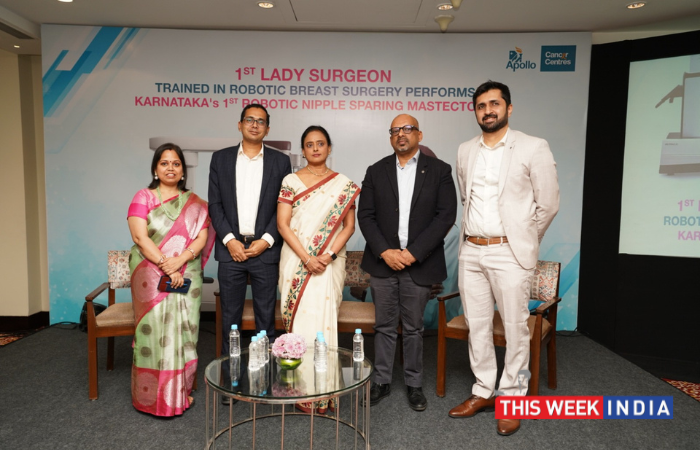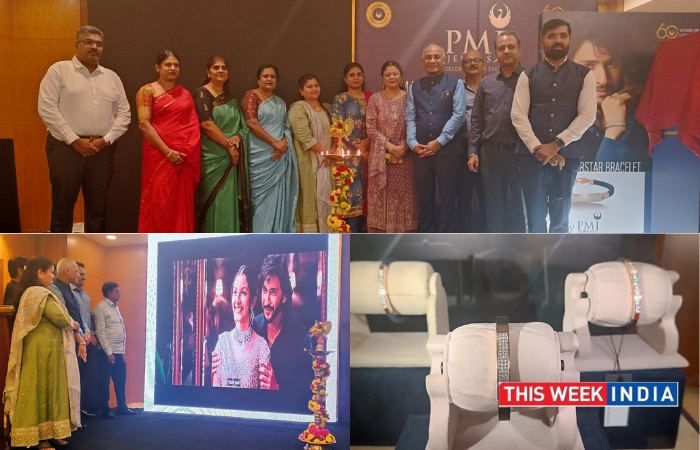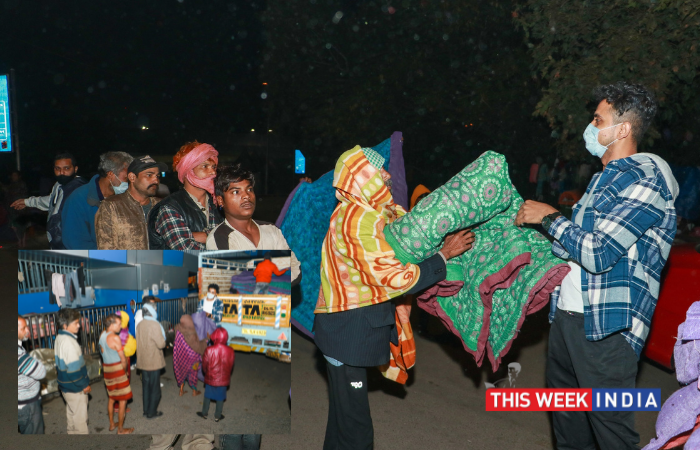Cutting-Edge Surgery Offers Hope and Improved Quality of Life
Bengaluru, May 08, 2024: Breast cancer remains a major concern, especially for young women in India. But there’s positive news! Apollo Cancer Centre (ACC) in Bengaluru has performed the state’s first Robotic Nipple-Sparing Mastectomy (RNSM). This innovative surgery offers several advantages over traditional mastectomy procedures.
Led by Dr. Jayanti Thumsi, India’s first female surgeon trained in Robotic Breast Surgery, the procedure benefits patients in several ways:
- Minimally invasive: RNSM uses small incisions, leading to less scarring and faster recovery times.
- Improved cosmetic outcomes: The surgery can spare the nipple and surrounding tissue, offering a more natural appearance.
- Possible one-step reconstruction: In some cases, breast reconstruction can be done during the same surgery.
Two patients in Bengaluru reap the benefits of RNSM:
Ms. Lalitha Sridhar (name changed): Diagnosed with pre-cancerous cells, Ms. Sridhar avoided chemotherapy and radiation thanks to RNSM.
Ms. Aarthi Sekhara (name changed): After battling aggressive breast cancer, Ms. Sekhara underwent RNSM with implant reconstruction. She is now pain-free and recovering well.
Experts Weigh In on the Significance of RNSM
Dr. Thumsi: “RNSM goes beyond just treating cancer. It allows us to focus on a good quality of life for patients, preserving their femininity and emotional well-being.”
Dr. Vishwanath S: “RNSM offers several advantages, including faster wound healing, better post-surgical quality of life, and reduced risk of complications.”
Mr. Dinesh Madhavan: “Robotic surgery like RNSM is revolutionizing cancer care. It allows for more precise surgery, faster recovery, and fewer complications.”
Mr. Tapan Desai (Intuitive): “We are thrilled to partner with Apollo Hospitals on this advancement in surgical innovation and patient care.”
The Future of Breast Cancer Treatment
The success of RNSM at Apollo Cancer Centre is a testament to the ongoing pursuit of progress in healthcare. This technology offers new hope for breast cancer patients seeking effective treatment with minimal impact on their quality of life.









